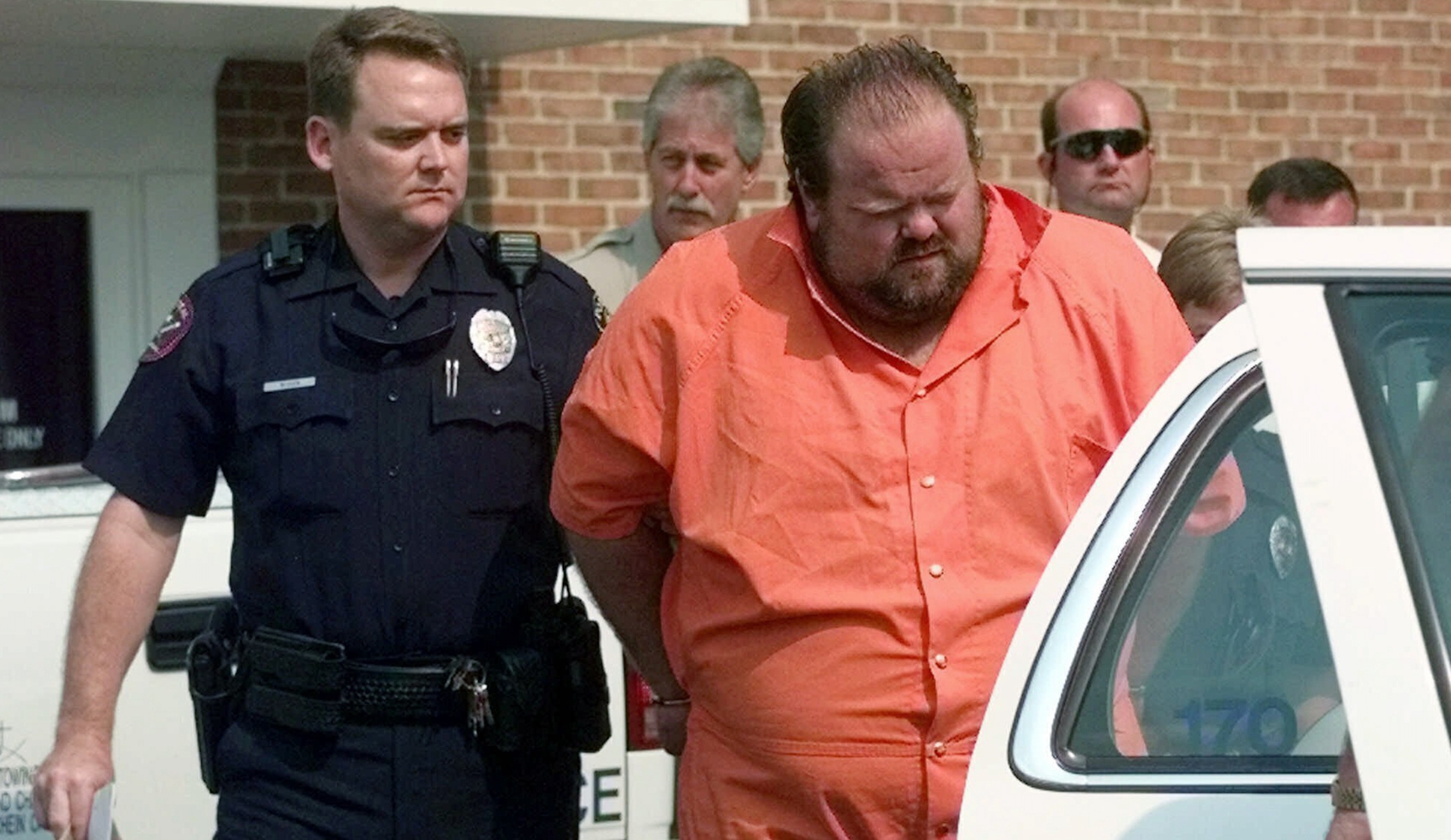

The Alabama Supreme Court authorized the state attorney general’s request for an execution date for inmate Alan Eugene Miller using nitrogen gas.
The Alabama Supreme Court authorized the use of nitrogen gas on Miller, which will be the second time it is used for execution in the state. Gov. Kay Ivey (R-AL) has not yet set a date for Miller’s execution.
Miller survived a previous execution attempt in 2022. His attorney said Alabama subjected Miller “to precisely the unnecessary and wanton infliction of pain that the Eighth Amendment was intended to prohibit.”
Miller was convicted of killing three men in a workplace shooting in 1999 and has a federal lawsuit against the use of nitrogen gas as lethal injection due to the constitutional ban on cruel and unusual punishment.
“Rather than address these failures, the State of Alabama has attempted to maintain secrecy and avoid public scrutiny, in part by misrepresenting what happened in this botched execution,” the lawyers wrote. Miller’s attorneys are expected to ask a federal judge to block the execution.
The state first used nitrogen gas as a form of lethal injection in January on Kenneth Smith, who reportedly “thrashed violently on the gurney” and was seen breathing for several minutes before being pronounced dead.
“I’ve been to four previous executions, and I’ve never seen a condemned inmate thrash in the way that Kenneth Smith reacted to the nitrogen gas,” Lee Hedgepeth, a member of the media present at the execution, told the BBC. “Kenny just began to gasp for air repeatedly, and the execution took about 25 minutes total.”
CLICK HERE TO READ MORE FROM THE WASHINGTON EXAMINER
Smith also survived another execution attempt in 2022, marking the state’s third failed execution attempt. During his original execution attempt, prison officials repeatedly failed to execute him as “state prosecutors attempted to lift a stay of execution issued by a federal appeals court.”
“As the night progressed, as Mr. Smith was subjected to ever-escalating levels of pain and torture, no one responded to his pleas to stop the pain, told him of the Eleventh Circuit’s stay, or answered his questions about what they were doing to him. They were — and he thought they were — executing him,” the complaint about the failed execution read.






